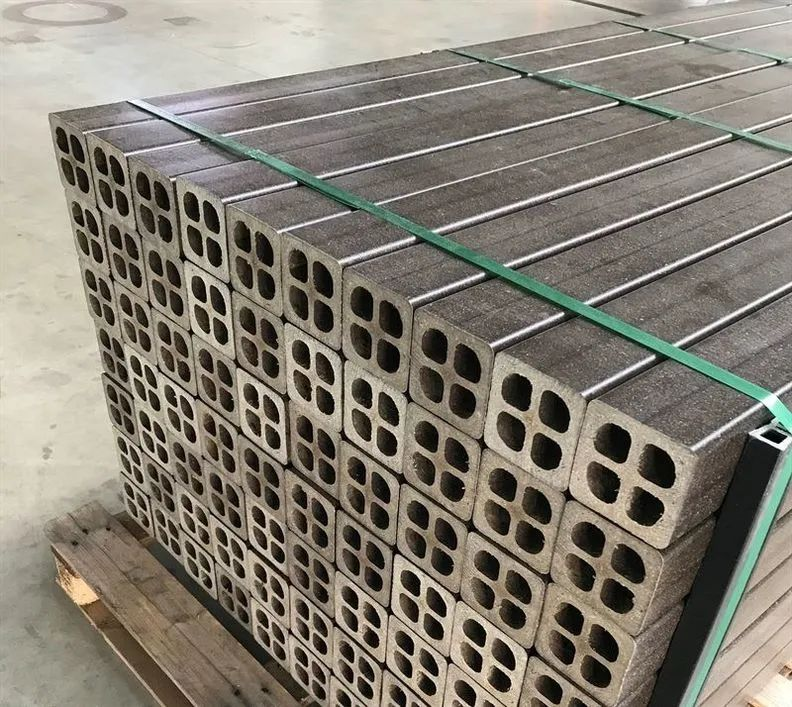Neste, LyondellBasell, Biofiber and Naftex have jointly developed a natural fiber-reinforced bio-based polymer for use in the construction industry.

Multiple companies join forces to build a new value chain
In this collaboration, Neste provides LyondellBasell with feedstock for the production of polymers made from 100% bio-based waste and residues, including edible oils, which LyondellBasell processes into Polypropylene (PP), marketed as part of the company’s CirculenRenew product portfolio. Biofiber then uses these PPs to produce natural fiber-reinforced plastic pellets. The company said the plastic pellets were sourced near its production sites and would not compete with food or feed production. In the final step of the new value chain, Naftex extrudes these pellets into construction elements such as fence posts or patio decorative profiles.
Renewable solutions help the construction industry combat climate change
Back in 2021, Neste and LyondellBasell announced a long-term commercial agreement under which LyondellBasell will process Neste through a cracker at its Wesseling plant in Germany.
RE raw materials. LyondellBasell claims that despite going through a cracking process to process the feedstock, these polymers have a measurable renewable base content that can be determined by carbon-14 (C14) analysis.
C14 testing determines the percentage of renewable products in a product by detecting the amount of the carbon-14 isotope in the product. This radioactive isotope occurs naturally in organic matter but not in fossil fuels.
LyondellBasell said on its website that CirculenRenew
The renewable content of C14 is measured by an accredited third-party laboratory and stated as a parameter on the Certificate of Analysis. Martin, Manager Renewable Polymers and Chemicals at Neste
Bussmann said: “It is important that the construction industry continues to develop innovative ways to combat climate change. Renewable solutions such as the renewable Neste for Polymers
RE raw materials can play an important role in this regard. ”
It is understood that biomass removes more carbon from the atmosphere than supply chain emissions from logistics and manufacturing reinforced plastic pellets, according to a life cycle analysis (LCA) created by GreenSurvey for Biofibre.

 微信扫一扫打赏
微信扫一扫打赏

